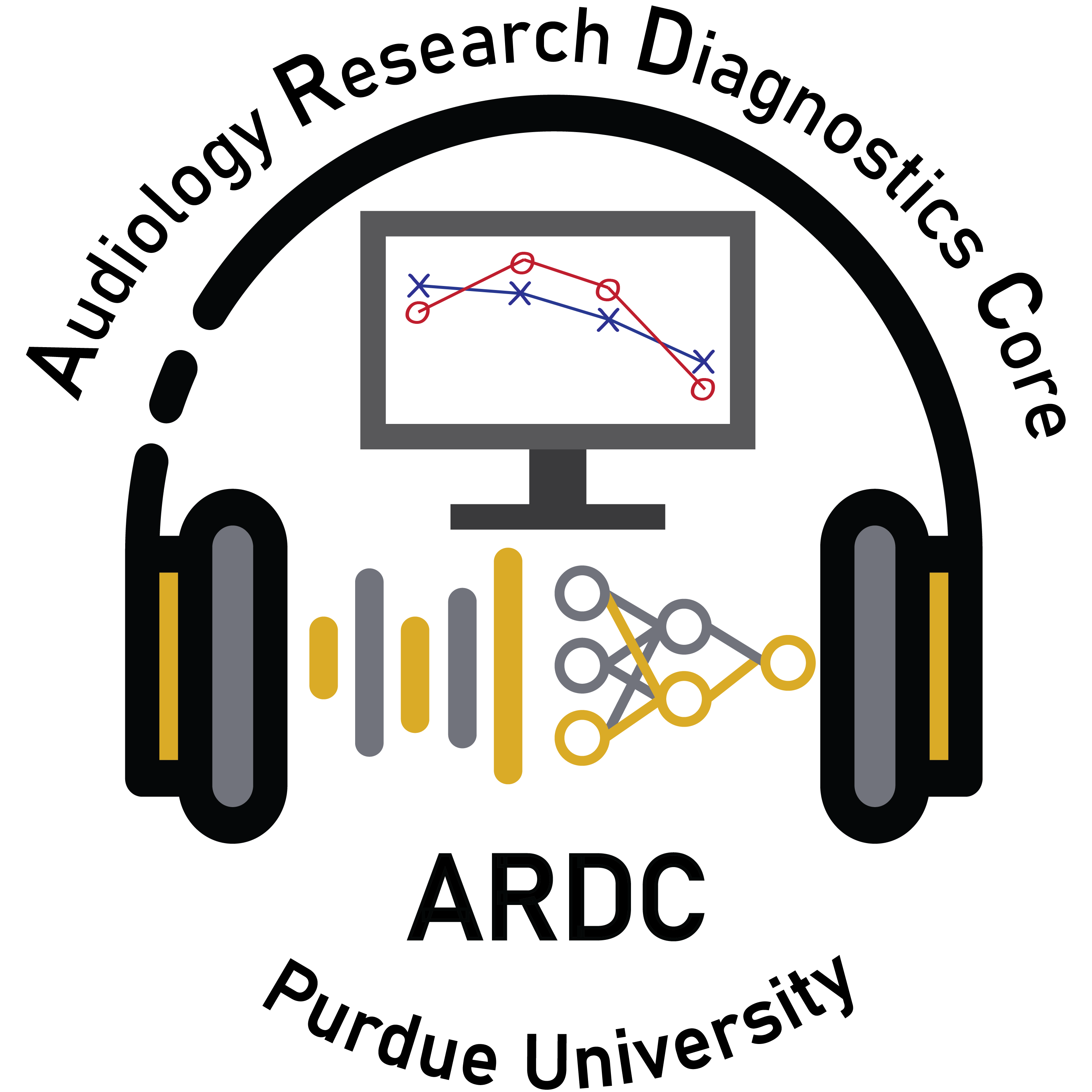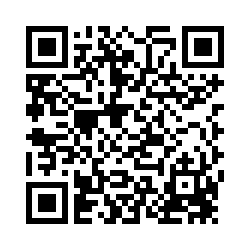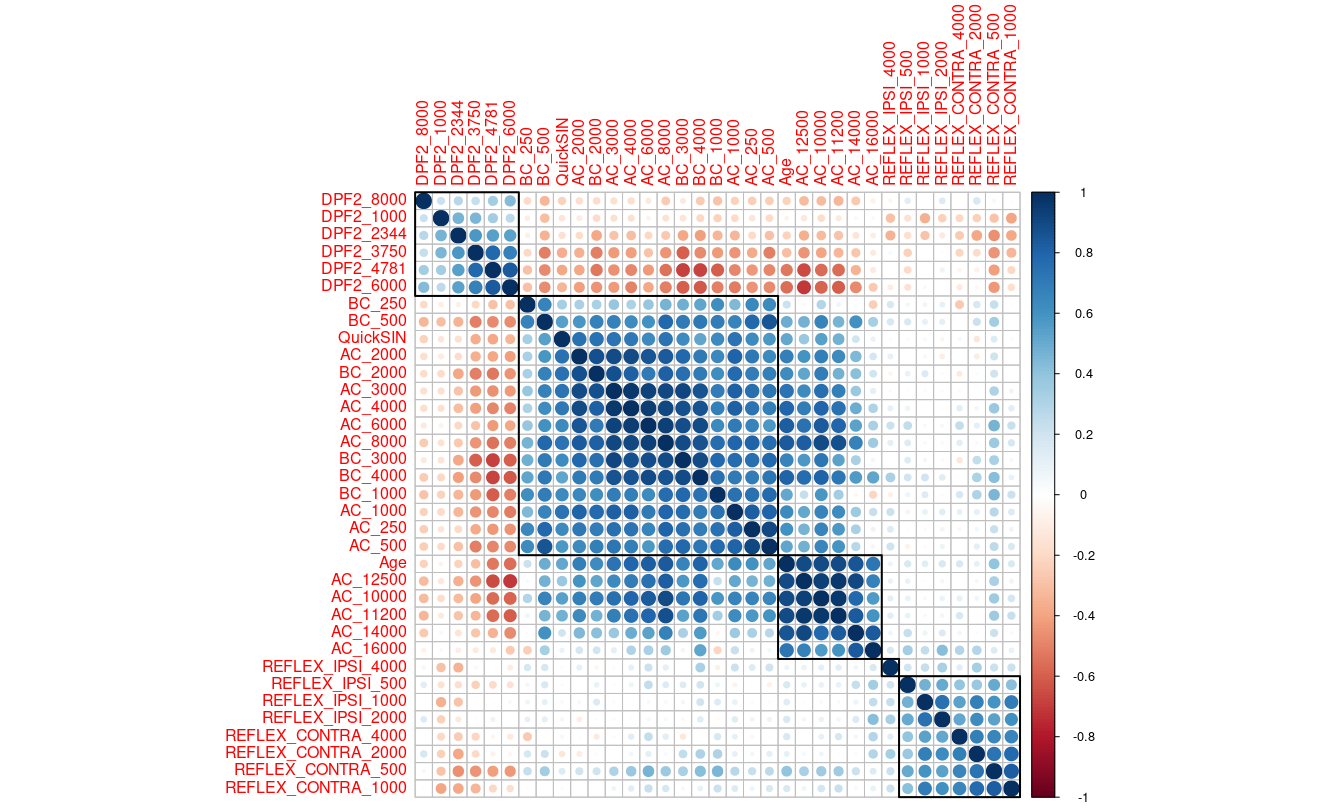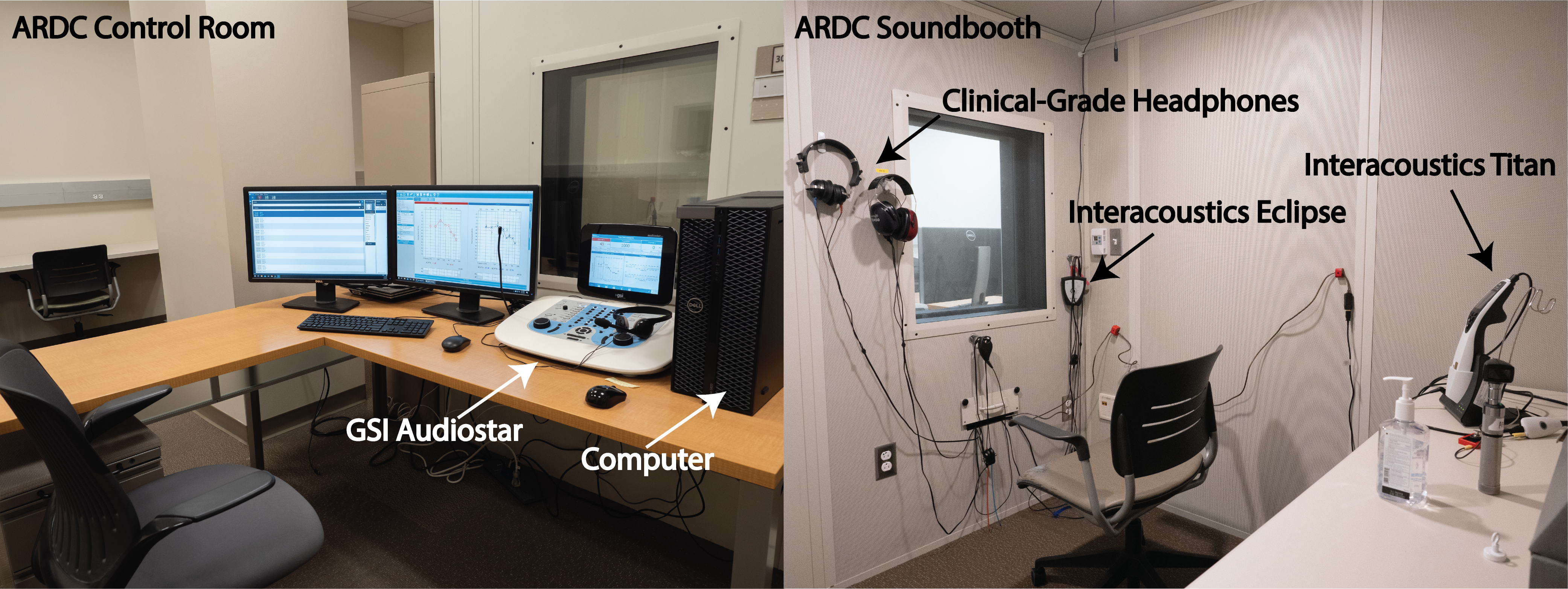 |
 Please contact ARDC@purdue.edu if you would like to learn more. |
Our efforts have led to the development of open-source software and a framework to harness clinically-applicable audiological measurements typically used for hearing screenings in research studies in a homogenous manner. Using these data, we are efficiently answering questions in hearing science and audiology that require large datasets-- which will lead to improvements in clinical outcomes, assistive technology, and quality of life.
Video presentation of our current progress at the 2023 Virtual Conference in Computational Audiology (VCCA).

Using large-scale data analysis techniques, we are also investigating the ability of current and novel diagnostics to predict hearing loss.
All measurements are currently collected within a noise-isolated soundbooth by a trained operator. Currently, we have 6 operators consisting of an Audiologist, AuD students, and graduate students within SLHS and BME.

Our Standard Evaluation:
|
 |
Additional Capabilities (in development):
|
 |
Equipment:
|
 |
